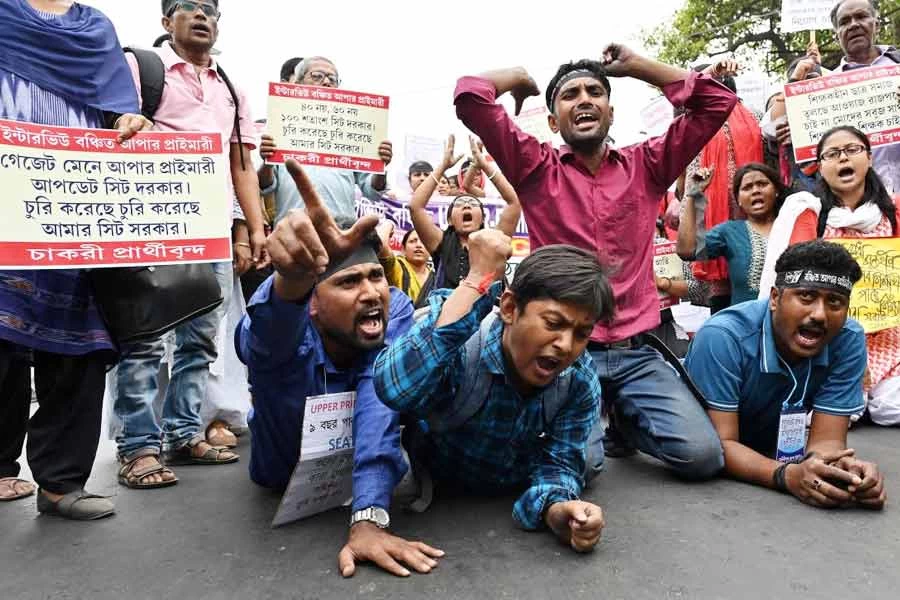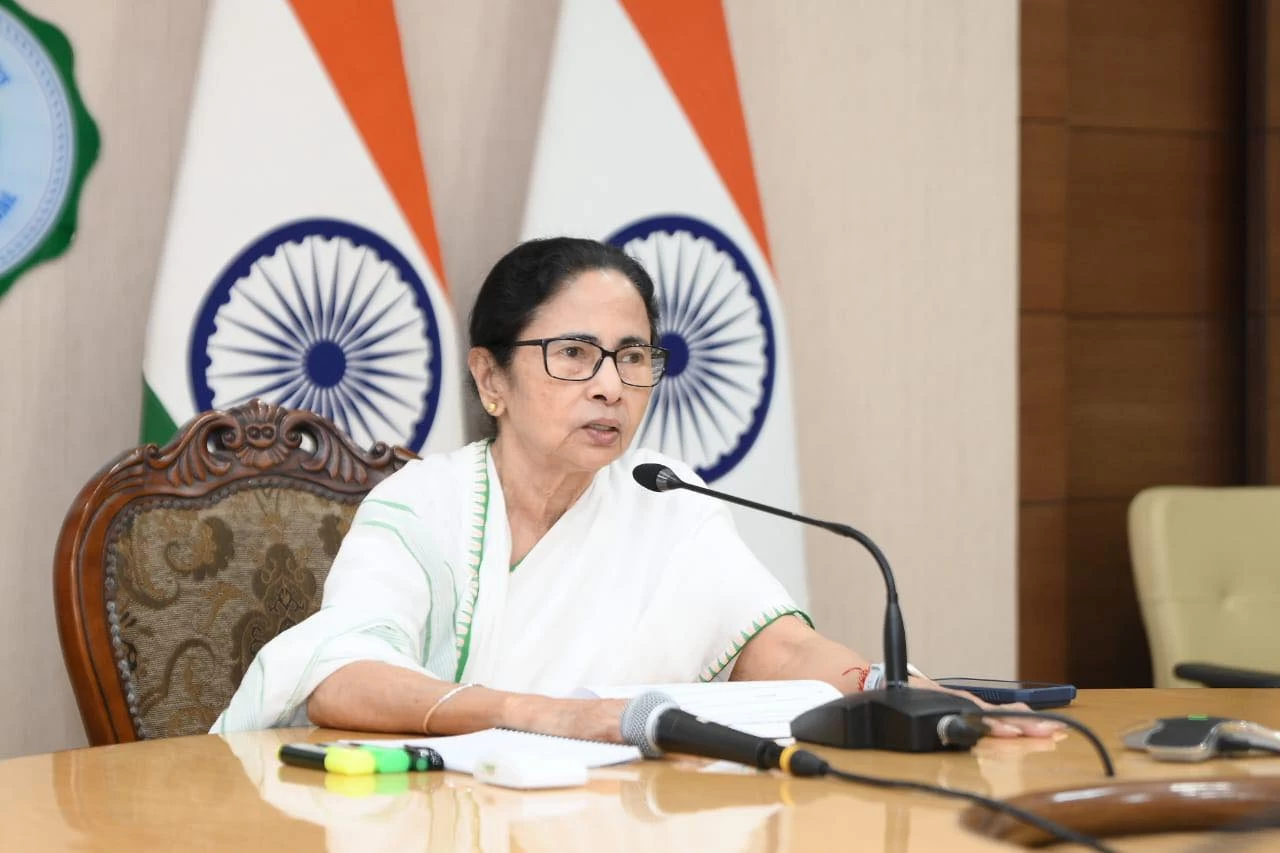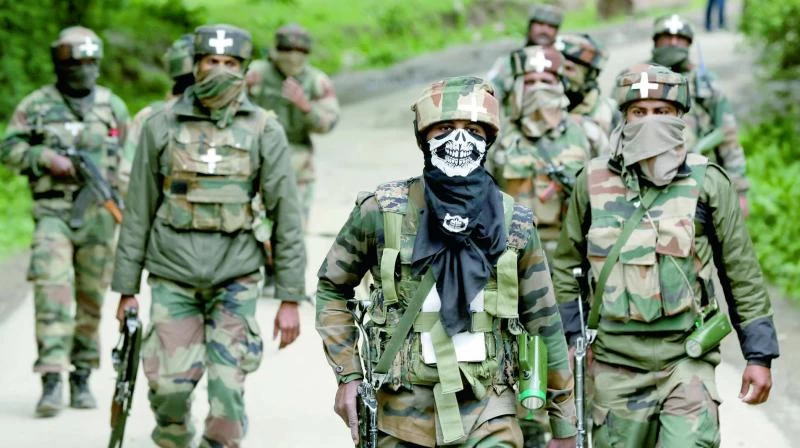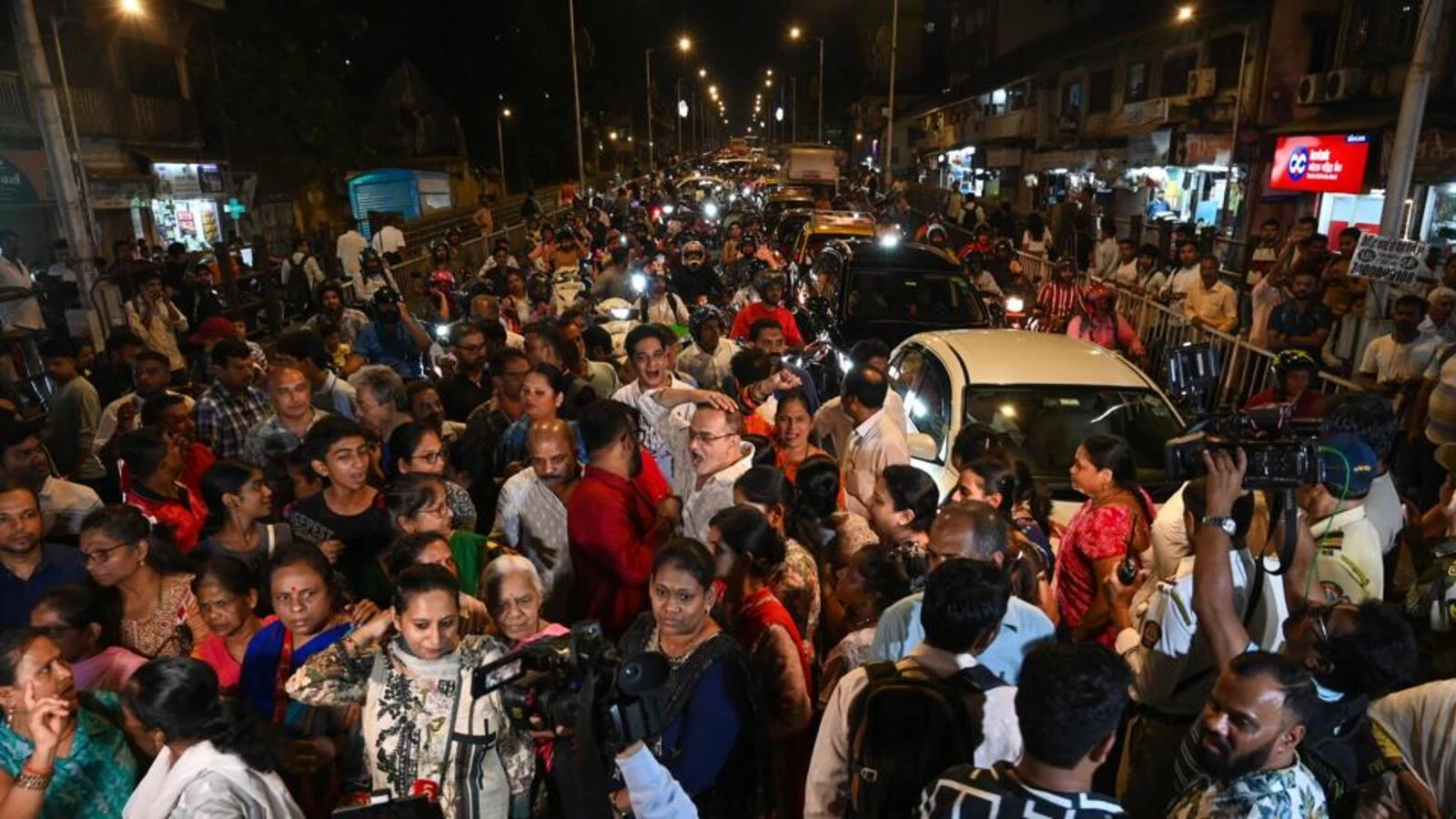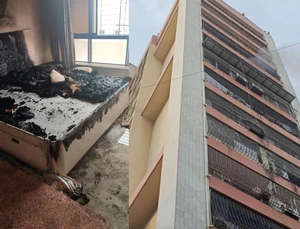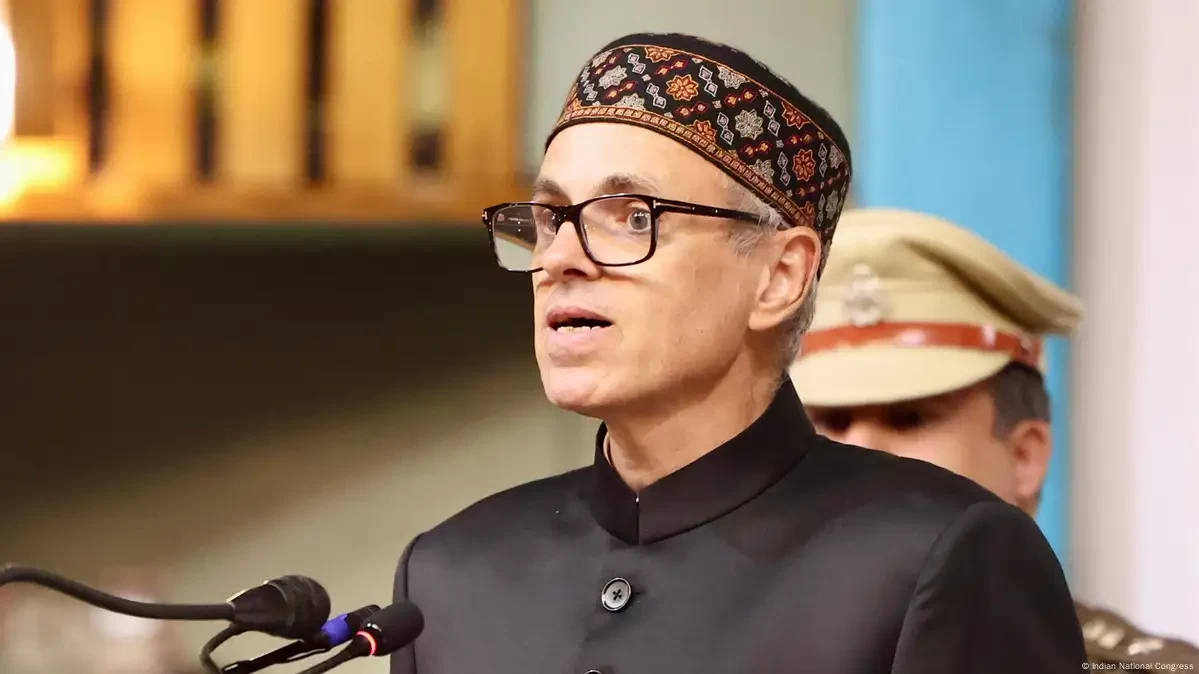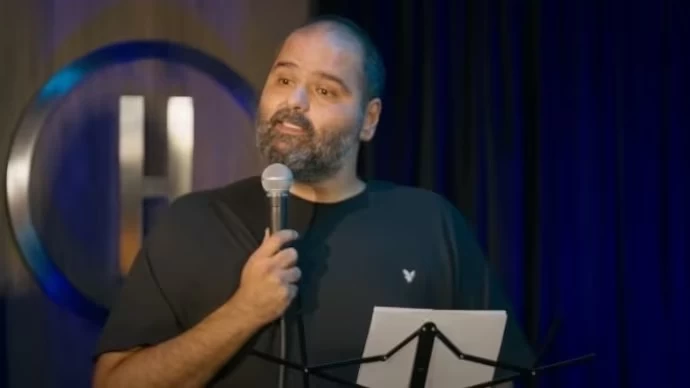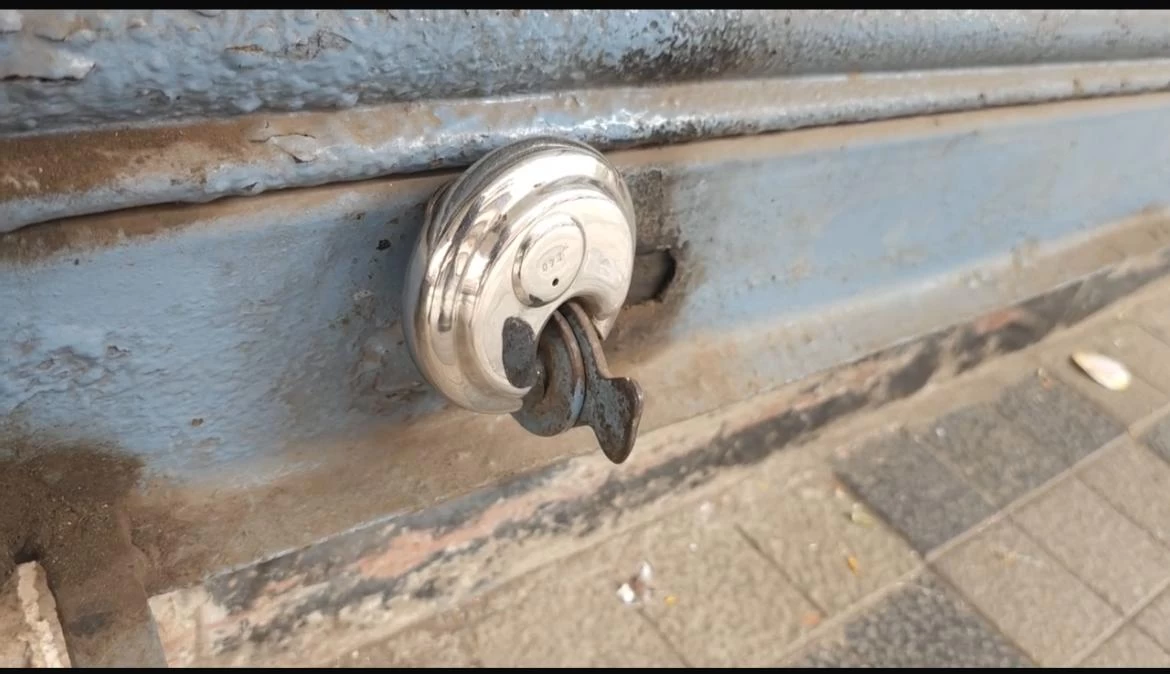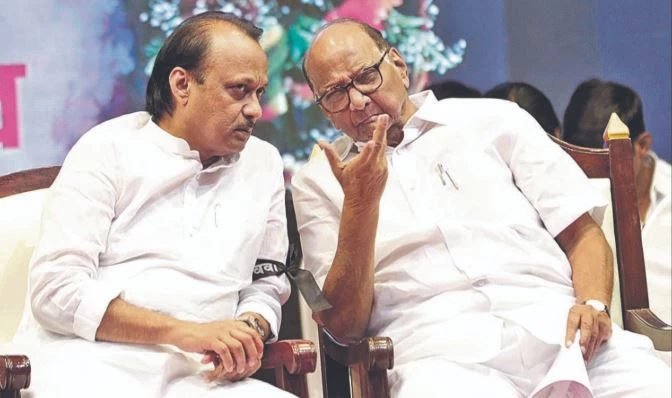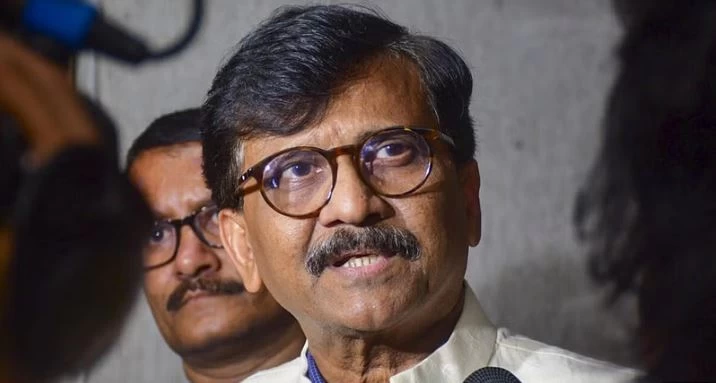Latest Updates
Pune Reports Maharashtra’s First Death Due to Guillain-Barre Syndrome; More Than 70 Feared Infected

Maharashtra has recorded its first fatality due to Guillain-Barre Syndrome (GBS) after a Pune-based Chartered Accountant succumbed to the rare nerve disorder. The deceased, a resident of DSK Vishwa in Pune, had been battling diarrhea for several days before his condition worsened.
The man had traveled to his native village in Solapur district when he began experiencing weakness. He was admitted to a private hospital in Solapur, where doctors diagnosed him with GBS. Despite being under observation and treated in the ICU, he lost mobility in his hands and legs. Although his condition appeared stable and he was moved out of the ICU on Saturday, he later developed breathing issues and passed away the same day, according to family members.
Guillain-Barre Syndrome is a rare immune disorder in which the body’s immune system attacks the nerves, causing sudden numbness, muscle weakness, and even paralysis.
Pune has emerged as the epicenter of a GBS outbreak, with 73 cases reported so far. Among them, 14 patients are on ventilators, and nine suspected cases were recorded on Saturday. The outbreak has predominantly affected residents in the Sinhgad area of the city.
The Pune Municipal Corporation (PMC) has adopted several measures to tackle the crisis. Civic officials have urged citizens to watch for symptoms such as diarrhea, stomach pain, fever, nausea, and vomiting, which often precede the condition.
The state health department has issued an advisory recommending the consumption of boiled water and avoiding stale or open food. Citizens experiencing sudden muscle weakness in their arms or legs are advised to consult a doctor or visit the nearest government hospital immediately.
Public Health Minister Prakash Abitkar confirmed the rise in GBS cases and attributed the spread to contaminated water. He announced that GBS treatment had been included in the state’s Mahatma Phule Jan Aarogya Yojana health insurance scheme. The coverage limit for treatment at private hospitals under the scheme has been increased from ₹80,000 to ₹1.6 lakh.
“Treatment under the scheme will be completely free, and hospitals are prohibited from overcharging patients,” said Abitkar. “This will ensure that patients do not face any additional financial burden.”
The minister also noted that infections such as dengue, chikungunya, and certain bacteria could trigger GBS by weakening the immune system.




